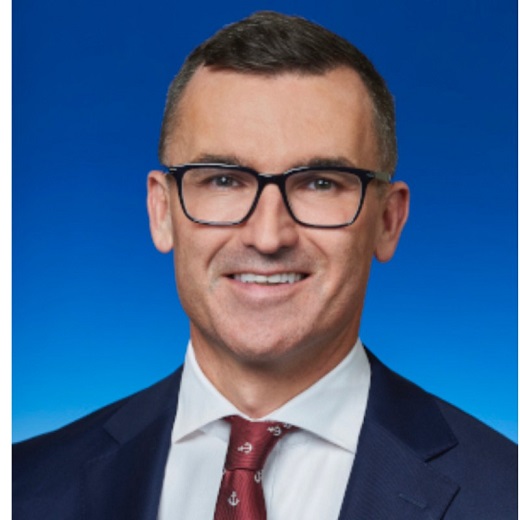The biggest change to local government in Western Australia will be coming soon, with the recent release of proposed reforms that aim to improve transparency, accountability and efficiency.
The proposed reforms released this week by John Carey, Local Government Minister for Western Australia, are based on the findings and recommendations of numerous reports and consultation undertaken over the past five years.

They will bring about the most significant changes to local government in the state since the Local Government Act 1995 was introduced.
“This package…is aimed at addressing issues sooner, improving transparency and accountability and efficiency, which ultimately benefits ratepayers,” Mr Carey said in a statement.
The reforms package is based on six major themes:
- earlier intervention, effective regulation and stronger penalties
- reducing red tape, increasing consistency and simplicity
- greater transparency and accountability
- stronger local democracy and community engagement
- clear roles and responsibilities
- improved financial management and reporting.
Addressing dysfunction early
Central to the reforms will be new measures based on similar legislation in Victoria and Queensland to address dysfunction earlier in local government.
A new Local Government Inspector will be appointed to oversee complaints relating to local government CEOs, but local governments will still be responsible for dealing with minor behavioural complaints.
The inspector will have the powers of a standing inquiry and be able to investigate and intervene in any local government where potential issues are identified.
“When a council descends into dysfunction it benefits no one – that’s why these reforms have a significant focus on earlier intervention,” Mr Carey said.
“This package…is aimed at addressing issues sooner, improving transparency and accountability and efficiency, which ultimately benefits ratepayers.” – John Carey, Local Government Minister for Western Australia
Skilled monitors to assist councils
The inspector will work with a panel of local government monitors, who will be skilled in matters concerning governance, financial management and conflict resolution.
The role of monitors will be to fix problems and not identify blame or collect evidence.
They can only be appointed by the inspector and can be requested by local governments to provide assistance.
New panel with more power
A separate Conduct Panel, which will replace the existing Local Government Standards Panel, will review more serious complaints and assess evidence provided by the local government inspector.
The standards panel currently makes findings about alleged breaches based on written submissions.
The Conduct Panel will have powers to impose stronger penalties and could potentially be able to suspend councillors for up to three months.
For very serious or repeated breaches of the Local Government Act, the Conduct Panel will be able to recommend prosecution through the courts.
“When a council descends into dysfunction it benefits no one – that’s why these reforms have a significant focus on earlier intervention.” – John Carey, Local Government Minister for Western Australia
Stronger penalties for breaches to Act
Under the current Act, there are limited penalties for certain types of non-compliance with the Act.
To ensure better standards of compliance and behaviour, penalties will be strengthened under the new reforms.
Councillors could be suspended for up to three months for breaching the Act or regulations on more than one occasion.
If a councillor has been suspended multiple times, they could become disqualified from office.
Disqualified councillors will not be eligible for sitting fees or allowances or be able to attend meetings.
Councillors who do not complete mandatory training within a certain timeframe will also not be able to receive sitting fees or allowances.
All council meetings to be recorded
Currently, local governments are only required to make written minutes of meetings.
However, under the new reforms, councils will be required to record meetings and make them available online.
Larger local governments will be required to livestream meetings and make video recordings available as public archives.
Smaller local governments will only be required to record and publish audio recordings, however, they will still be encouraged to livestream meetings or produce video recordings.
Council meeting recordings will need to be published at the same time as the meeting minutes.
“At the heart of these reforms are ratepayers, and changes that will deliver the best results for them.” – John Carey, Local Government Minister for Western Australia
Public to elect mayor or president
Changes will be made to encourage more community engagement, including the election of mayors in larger local governments.
Currently, the mayor or president is elected by a public vote or the council.
The reforms are proposing that the mayor or president of larger councils be elected by the public, with smaller councils to retain their current system.
“At the heart of these reforms are ratepayers, and changes that will deliver the best results for them,” Mr Carey said.
“There are many great local governments across the state and many of them are already doing these things, but we have seen numerous examples in recent times of dysfunctional local governments.
“We’ve had the reports, we’ve had the inquiries and we’ve conducted thorough consultation on what needs to be addressed to improve local government – now is the time for action.”
The consultation period on the implementation of the reforms is now open for feedback and will run between 10 November 2021 and 4 February 2022. Further details can be found here.





Leave a Reply